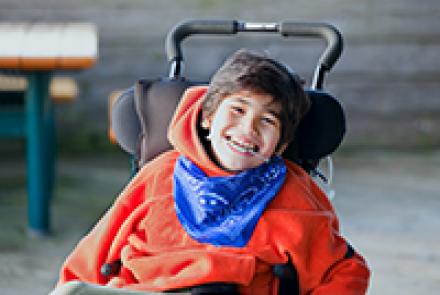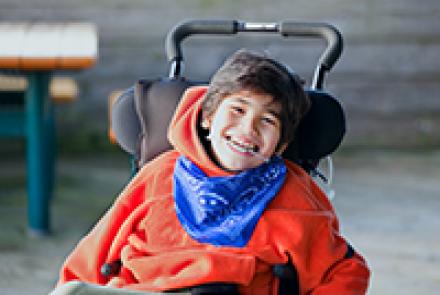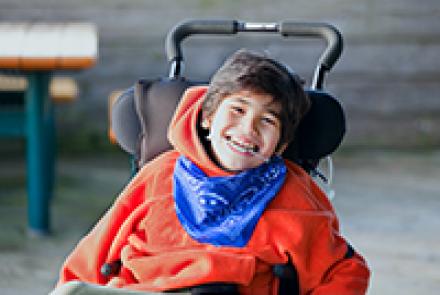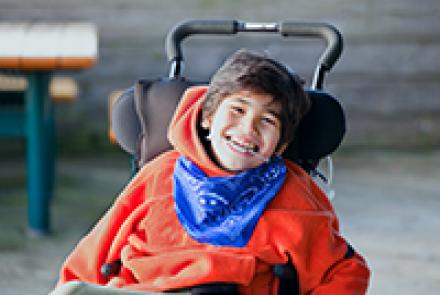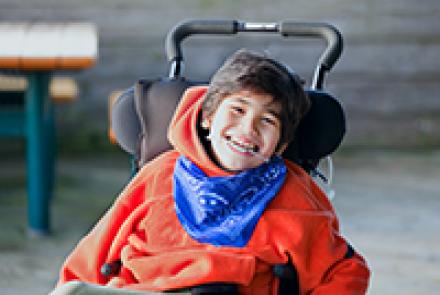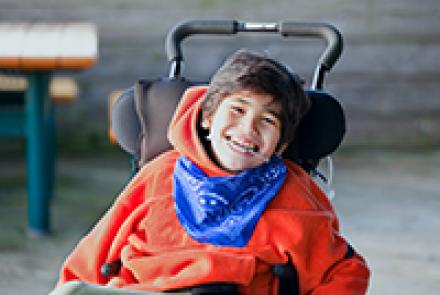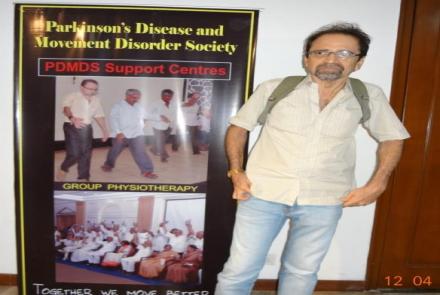Treatment includes:
Treatment to improve movements
Drugs for medical problems
Surgical approach
Treatment to improve movements: Physiotherapy
The child may need physiotherapy, sometimes throughout his life. The aim of physical therapy is to:
Encourage motor development
Improve the ability to move all parts of the body
Promote, maintain and restore physical, psychological and social wellbeing.
Equipment used to improve movements include:
Devices to maintain normal posture of the child…
Latest Stories
- Cerebral palsy is diagnosed based on the child’s medical history and physical examination, like the infant’s motor skill and symptoms. Brain imaging technologies can reveal areas of damage or abnormal development in the brain. The tests include: Radiographic tests: Magnetic resonance imaging (MRI): An MRI uses radio waves and a magnetic field to produce detailed 3-D or cross-sectional images ofthe brain. An MRI can often identify any lesions or abnormalities in the brain. Cranial…
- Types of cerebral palsy Based on severity: Categorised into mild, moderate and severe Mild: Daily activities are not affected and child can move without assistance Moderate: Child needs assistance like medication and adaptive technology to accomplish daily activities Severe: Child requires support and will have significant challenges in accomplishing daily activities Based on topographical distribution they are classified as: Monoplegia: One limb is affected Diplegia: Two limbs are…
- What are the signs and symptoms of cerebral palsy? Impairment of muscle tone: The ability of muscles to work together is lost, leading to increased or decreased muscle tone.Limbs become floppy with decreased muscle tone or become rigid with increased tone. Impairment of movement coordination and control: Impairment of muscles lead to gait disturbances and the child may drag a leg or bend over and walk. Gait disturbances include: Limping – more weight is placed on one foot than the other,…
- What are the risk factors for cerebral palsy? Congenital (at birth) cerebral palsy risk factors include: Low birth weight Premature birth Multiple births (It can be twins, triplets or more) Infertility treatments undergone by parents Infections during pregnancy Jaundice Birth complications Medical condition of mother Acquired (after birth) cerebral palsy risk factors include: Brain infections Injury
- Cerebral palsy is a neurological disorder, which impairs movement and coordination. It is caused by abnormality or damage to the part of the brain – the cerebral cortex - that controls movement. It can be congenital or acquired early in life. It is non-progressive and does not worsen over time. Part of the brain affected in cerebral palsy When does this damage to the brain occur? Damage that causes cerebral palsy can occur: Before birth During birth Within a month after birth During…
- Dyskinesia is a term that is used to describe excessive movement which is beyond one’s control. Scientists believe that the areas in the brain which are responsible for producing movement become over – stimulated. This leads to excessive and unwanted movement. However, remember that dyskinetic movements are not tremors. Tremor is a symptom of Parkinson’s, whereas dyskinesia is more often thought to be a side effect of Levodopa. People experience different kinds of…
- What is Young Onset Parkinson’s Disease Although Parkinson’s is mainly a condition that affects the elderly, it is sometimes seen in people who are much younger as well. Young onset Parkinson’s is seen in people who are diagnosed with Parkinson’s before the age of 50 years. Common Symptoms Most of the symptoms for Parkinson’s are generally the same no matter at what age it is diagnosed and the rate of progression varies from individual to individual. However, young onset Parkinson’s…
- Depression is devastating, insidious, it can break up relationships and ruin friendships, but with the right tools and support, it can be beaten. Caring for a man who is suffering from depression can be even harder, because depression isn't often seen - it's felt. 4 tips for a caregiver to balance your way through a mine field of defensiveness, denial, anger, and despondence. Tip #1 Understand His Depression "There are wounds that never show on the body that are…

